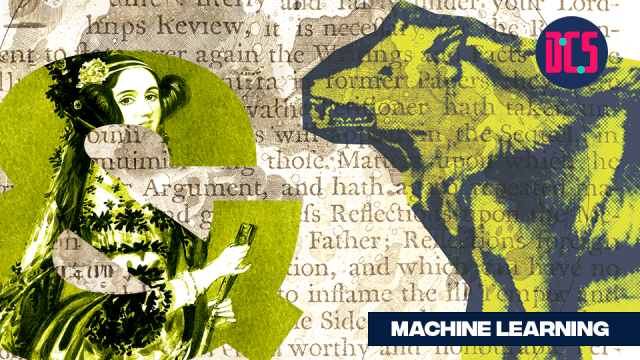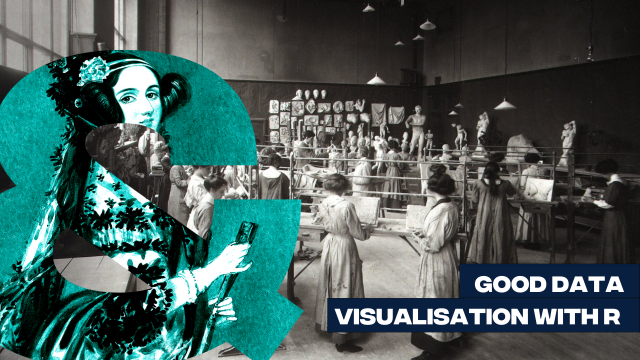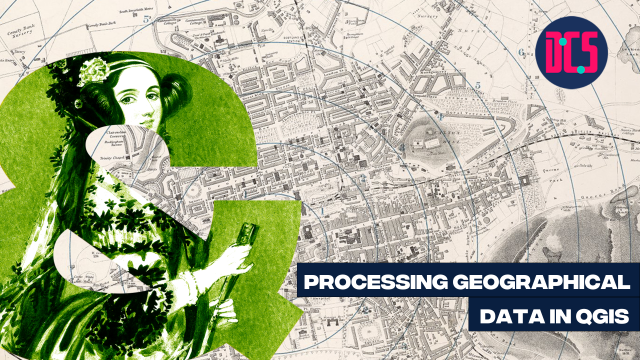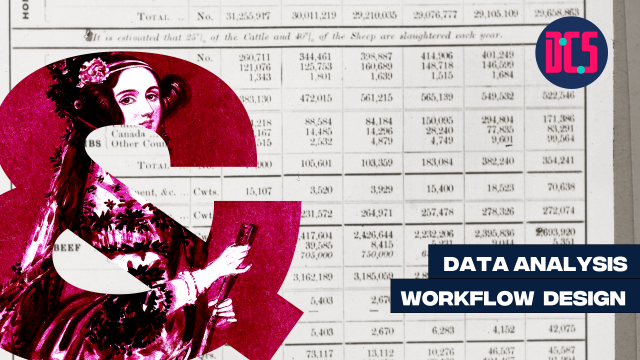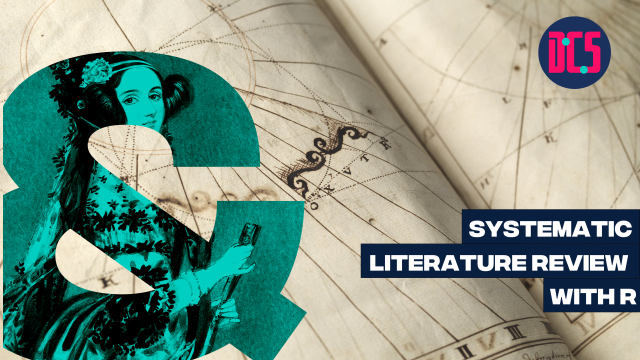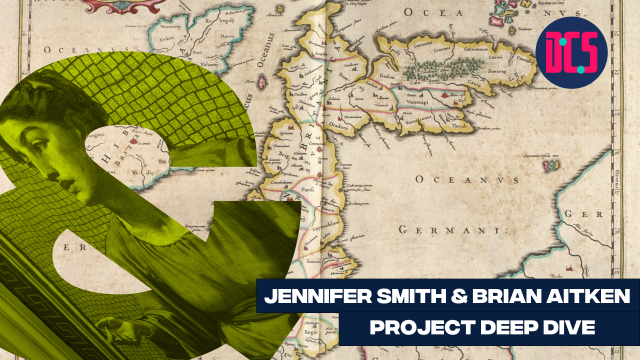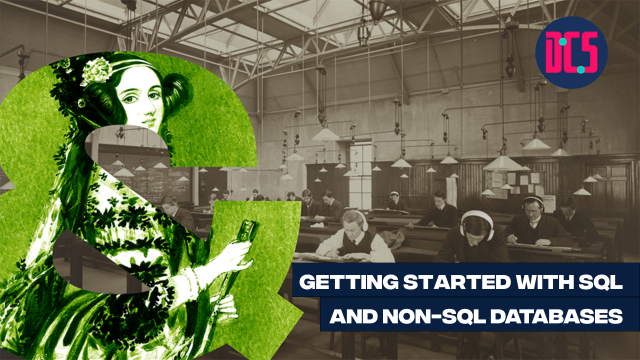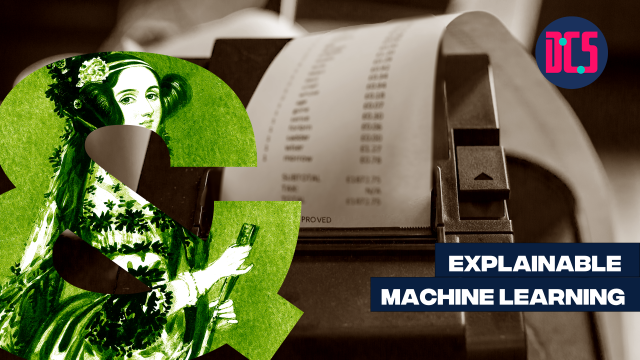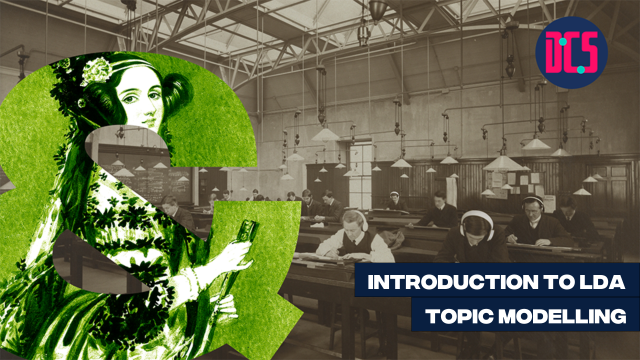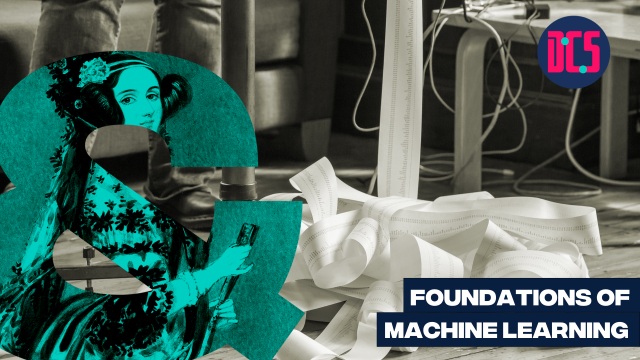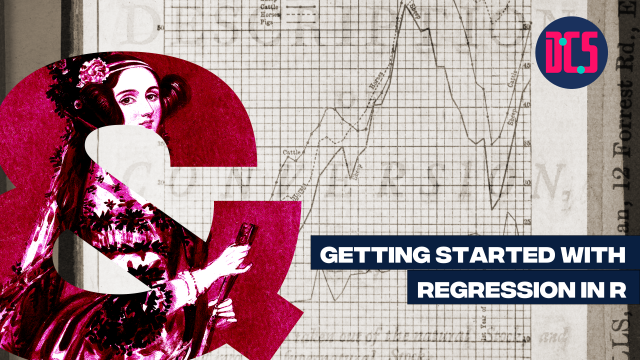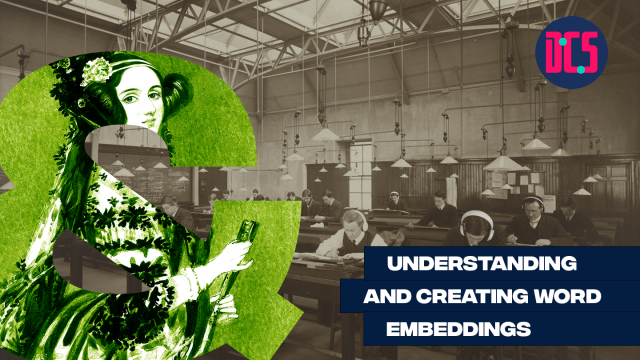Imagining AI: computing stories in a museum context
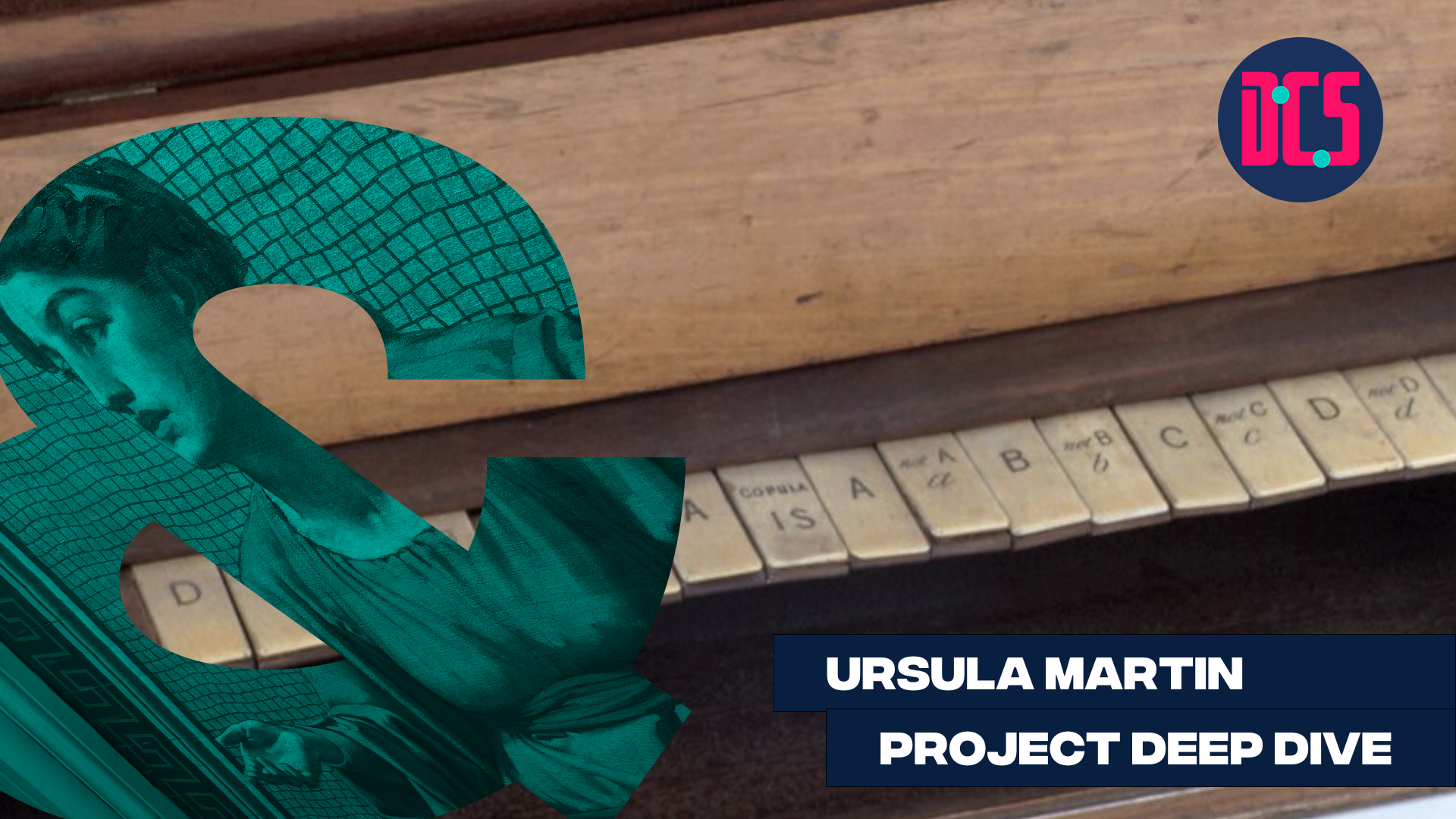
Abstract
Oxford’s Bodleian Library is one of the oldest libraries in Europe, and the second largest in the UK, holding over 13 million printed items alongside archives of figures such Byron, Shelley and Tolkien. In recent years it has sought to work with mathematicians and scientists, as well as its more traditional humanities partners, to create compelling displays, based on Oxford’s collections, that educate and inspire.
Historians of mathematics and science are key to this process, providing accurate contemporary scholarship and linking specialist items to their broader context. At the same time, designing such displays involves imagination and creativity in bringing items to new audiences through the power of the object alone, often supported only by a brief 20 word caption. We contrast two recent such displays, looking at the principles of selection, the lessons learned, and the techniques used to evaluate them.
In 2015 a small display celebrated the bicentenary of Ada Lovelace, bringing to the fore her mathematical ability through a focus on archival materials that had not previously been studied by historians of mathematics. The display then transferred to the worlds largest Computer Museum, in Mountain View California. Oxford’s Lovelace work was submitted as an “Impact Case Study” for the UK’s 2022 Research Evaluation Framework.
In 2022 a display entitled "Imagining AI" used a variety of materials in the collections to illustrate early work on data (numerical, logical and text), algorithms and computation that underpins modern AI. By focussing on simple examples, with calculations small enough to be done by hand, we drew attention to issues and challenges for AI that pre-date modern computation and shed new light on questions such as AI ethics. Exhibits included Florence Nightingale’s rose diagram, as an early example of data visualisation; Jevon’s reasoning piano, that reduced reasoning a concrete process involving wood and wire; and Christopher Strachey’s early computer poetry. We conclude with a broader look at the context of mathematics in museums, and the opportunities such work offers for collaborative research and broader impact.
Speaker Biography
Ursula Martin CBE FREng FRSE is a computer scientist and mathematician, whose work recently broadened from the highly technical to collaborate with humanities and social science scholars on the culture and context of mathematics. Now retired, she formerly held professorial roles at Edinburgh and Oxford, funded 2014-2023 by an EPSRC Fellowship.
Event Information
This event will take place in the Research Suite on the 6th floor of the Main Library. Please inform us of any access requirements by emailing cdcs@ed.ac.uk. Further details about how CDCS uses your information obtained from booking onto our events can be found in our Events Privacy Statement.
As of March 2022, the government formally removed all Covid restrictions in the UK. We ask that you continue to be considerate of others’ personal space, and please do not attend if you feel unwell or have any of Covid symptoms.
Research Suite
Research Suite, 6th floor
Main Library
University of Edinburgh
Edinburgh EH8 9LJ

